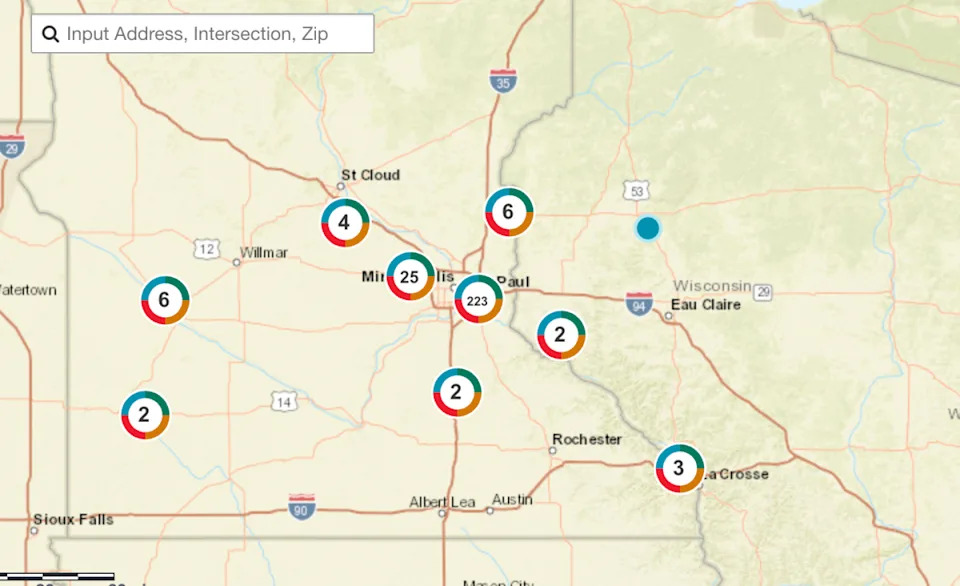"Conjugal visits" provided inmates private, intimate time with their spouses or domestic partners in episodes of the TV prison dramas "Oz" and "Prison Break."
An episode of the sitcom "Seinfeld" had character George Costanza romancing a female inmate and talking afterward of having had "conjugal visit sex."
But in reality, only four states allow conjugal prison visits.
Those are New York, California, Washington and Connecticut, said the World Population Review website.
The other 46 states don't, that site said.
Conjugal visits are also not allowed in federal prisons, said the Federal Bureau of Prisons website.

How did conjugal visits originate?
Conjugal visits began at the start of the 20th century as a way to control Black inmates who worked free of charge at a prison farm operated for profit by the Mississippi State Penitentiary, said Time magazine.
Officials there thought having access to the possibility of sex would incentive the inmates, it said.
Conjugal visit programs have become less common in recent decades.
The number of states maintaining such programs decreased from 17 in 1993 to six in 2000, said the Criminal Defense Lawyer website.
Mississippi and New Mexico stopped allowing conjugal visits in 2014.
What are the some of the rules in states that allow conjugal visits?
Conjugal visits are considered a privilege to be provided only to prisoners who have behaved well while incarcerated, said the Criminal Defense Lawyer website.
'"The U.S. Supreme Court and several federal courts have held that prisoners do not have a constitutional right to conjugal visits," it said.
States generally don't use the term "conjugal' visits," said the World Population Review website.
"The primary focus has shifted more to family time," it said.
Eligible inmates in the California Department of Corrections and Rehabilitation may receive "family visits," which take place in private, apartment-like facilities on prison grounds and last approximately 30 to 40 hours, its website said.
"Family visits are restricted to immediate family members (parents, children, siblings, legal spouses, registered domestic partners, or who have a bona fide and verified foster relationship) of the incarcerated person," that site said.
New York's Department of Corrections and Community Supervision offers a "family reunion program," its website said.
Eligible inmates may meet for a designated amount of time in a private, home-like setting with their legal spouses, children, parents, step-parents, grandparents or foster parents/guardians, that site said.
The Washington State Department of Corrections offers eligible inmates "extended family visits" with immediate family members who can provide verification of an "immediate family relationship," its website said.
The Connecticut Department of Corrections offers eligible inmates "extended family visits" in a designated secure space separate from the inmate population with immediate family members and/or a legal guardian, its website said.
Contact Tim Hrenchir at [email protected] or 785-213-5934.
This article originally appeared on Topeka Capital-Journal: Does Kansas allow conjugal visits for prison inmates? Which states do








Comments